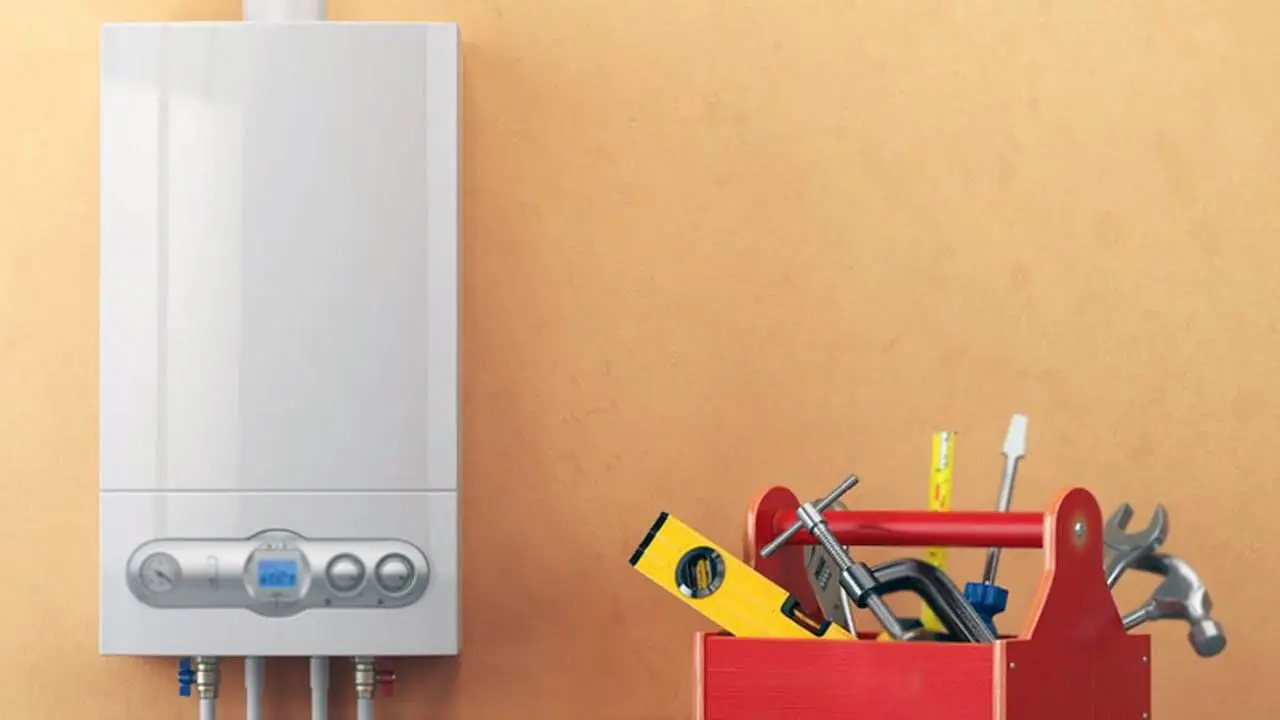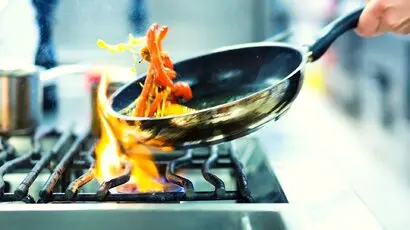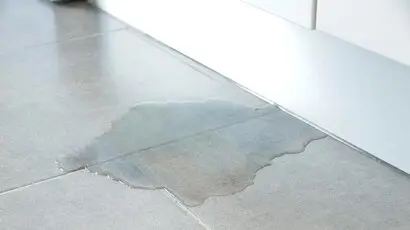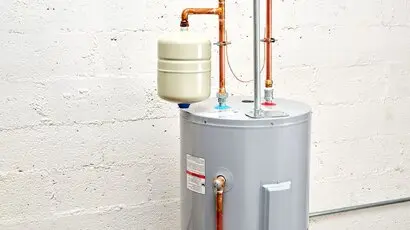What Does A Gas Fitter Do?
Have you ever wondered what a gas fitter does? Learn more about what this profession entails and their responsibilities in our comprehensive guide about gas plumbing professionals.
Gas connections are an essential part of every home’s setup.
No matter how often you check, issues with gas fittings can still pop up. Poor fittings can harm your appliances and pose risks to your family.
The worst part is that a faulty gas fitting or leaking gas line can sometimes be difficult to detect immediately. Only an experienced and licensed gas fitter can find the cause of the problem and provide the best solution to tackle it. Thus, we believe in letting licensed gas fitters do what they do best. But what exactly does a gas plumber do?
We’ve put together this quick guide on what a gas fitter does and why it’s a good idea to call them rather than trying to fix issues yourself. Let’s dive into what gas fitting services entail.
A gas fitter is simply a person who is licensed to work with natural gas fixtures and devices. These professionals can handle everything related to gas fittings, including installation, maintenance, and repair. Gas fitters are required in commercial and industrial areas besides your home.
Since gas fitting requires intricate work with small equipment, the professionals need significant training and qualifications.
An apprenticeship involves theoretical learning and practical training supervised by a licensed gas fitter.
During an apprenticeship, trainees refine their skills and earn hourly wages. Apprentices start with up to 50% of a fully qualified gas fitter’s salary, gradually receiving raises as they progress.
During the apprenticeship, the trainee must complete a Certificate IV in Gas Supply Industry Operations (UEG40118) to become a gas fitter in Australia. Further, depending on the territory, they must register with an appropriate authority supervising the building industry.
Lastly, a gas fitter must be accredited with a White Card to work on construction sites. So, even if you’ve been extremely handy since birth, the law mandates official certification and licensing to become a gas fitter.

A gas fitter’s most crucial job is connecting your home to gas lines. Gas lines ensure your household has sufficient gas systems for cooking, warming water, temperature control, etc.
We advise you to get your gas connections checked by a gas fitter at least once a year. Even with no faults and damages, gas leaks are not usually detectable. However, watch out for tell-tale signs like gas odour, dead indoor plants, bubbling near gas pipes, etc.
A gas fitter’s responsibility is to ensure that your appliances are functioning well to prevent gas-related accidents. They must check if the appliances are correctly connected to the gas line, reducing the chances of gas leaks.
Only an efficiently conducted pipe installation can ensure a steady supply of gas. Hence, the connection should be such that the appliances can tap into the gas line while accessible for everyday use.
Gas fixtures require regular repairs because they contain harmful gases and substances. Thus, a gas fitter should be adept at repairing gas meters, regulators, and burners.
Since gas regulators and meters are essential for ensuring proper gas supply, you should immediately fix any damage to these devices. So, if you notice incorrect gas readings and other mechanical problems with your gas devices, call a gas fitter directly.
If you cannot find the root cause of a gas line problem, you should trust a gas fitter to evaluate the issue correctly. Since they are professionally trained and licensed to identify such situations, you can rest assured that the safety of your household is in good hands.
However, we suggest noting signs of trouble and disconnecting your appliances while the gas fitter is on the way. This will help make their job easier and faster.
A gas fitter can safeguard your home by suggesting preventive measures and installing safety systems. Since gas-related accidents often occur without warning, it is best to protect yourself by installing devices to protect you from further damage.
Flues allow waste gases to escape from your house. Without an exit point, these waste gases will remain in your home and pollute the indoor environment. Plus, some of these gases can be fatal. Thus, a gas fitter secures the connection between gas appliances and exit channels.
Installing safety systems will not be fruitful unless we know how to use them. Therefore, a gas fitter must efficiently give proper safety systems instructions.
Generally, gas fitters work for 40 hours a week (8 hours every day). However, exceptional cases or emergencies may require gas fitters to be present on short notice and work overtime at the site. The additional time and work required will vary for different sectors and regions.
Worksites may be indoors or outdoors; most interactions are usually limited to customers. Thus, gas fitters are trained and prepared to work independently.
Natural gas is a flammable substance and dangerous to work with, so gas fitters are trained to use and wear special equipment.
That’s a wrap for today!
We hope you found this guide on gas fitters useful. Remember, dealing with gas can be risky, so it’s best to hire a licensed professional to handle any issues. If you’re in Melbourne, reach out to your WP Plumbing team. We’re fully licensed and insured gas fitters.
Catch you later!
Not sure how to detect a gas leak from your stove at home? Don’t worry; we’ve got you covered with our comprehensive and straightforward to follow guide on how to identify a gas leak from your kitchen.
Can you hear a constant dripping noise but don’t know where it’s coming from? Read our guide as we bring you the tips and tricks for detecting a water leak.
Do you want to purchase a new hot water system but wondering about the size? We are here with an informative guide that should help you make the right choice!


